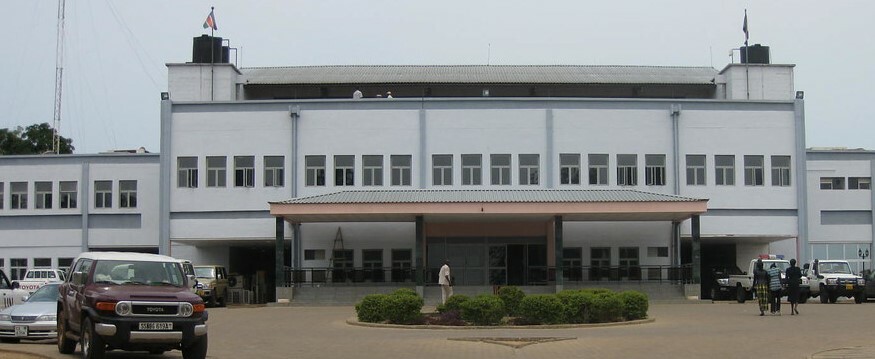Members of the newly created national assembly in South Sudan have not yet finalized the allocation and distribution of parliamentary standing committees, a deputy speaker has said.
In August, lawmakers — a mix of representatives from the ruling SPLM party and former rebel groups who signed the 2018 peace deal — took the oath of office at a ceremony in Juba presided over by the chief justice.
As per the peace deal, the legislature is expected to enact laws that will assist the transitional processes, including reforms spelt out in the peace agreement. The two houses — the national assembly and the council of states — are also expected to provide oversight and ensure the full implementation of the peace agreement.
In accordance with the agreement, the assembly will have 550 lawmakers, up from the previous 400. Of these 332 MPs were chosen by President Salva Kiir, 128 by SPLM-IO led by First Vice President Riek Machar, and 90 others by signatory parties, in line with the peace deal.
Nathaniel Oyet, the first deputy speaker of the national assembly, told Radio Tamazuj that the delay in the formation of the various specialized committees has hampered the legislature’s oversight role.
"And we want the parties, the high committee that comprises the parties, to meet and allocate the increment; in this case, they are nine. Once this one is done, we expect the parties that have not yet appointed their members to the select committee, we expect them to do so as soon as possible," Oyet said.
He added, "Meanwhile, the parties that have already appointed their members to the specialized committees that were allocated to them, should equally appoint their members to the new committees that would be allocated to them as soon as possible."
Oyet, who represents the opposition SPLM-IO, said they are yet to pass the Conduct of Business regulations, which would govern the national assembly's activities.
"We were expecting the Conduct of Business Regulations to be completed, and I had a meeting with the select committees. The one for the speech of the president has finished, while the one for the conduct of business for the assembly has submitted its draft,” he said.
He added, "The one for the legislature, the joint house, is also finishing. So we expect these documents to be sent to the house and the house will deliberate and pass them,” he said.
Edmund Yakani, head of the Community Empowerment for Progress Organization (CEPO), which promotes civil society values, said: "I would like to urge the parties not to undermine the 35% quota for women’s representation in the specialized committees."
The renowned activist appealed to the parties to the peace agreement to ensure that the 35% quota for women’s participation in governance is respected.




